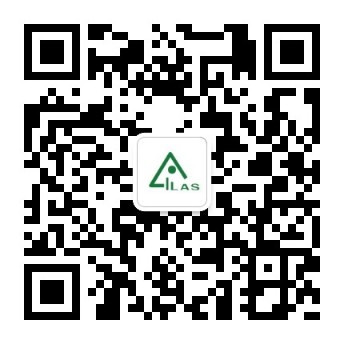Laboratory Animal Health Monitoring Center
Comprehensive Introduction:
The main tasks of the laboratory animal quality testing center are as follows: first, research on the standards and quality assurance system of laboratory animals; Second, the quality inspection technology service for laboratory animals. It has undertaken more than ten research projects on the standardization and quality assurance system of national laboratory animals, and is one of the main departments drafting the national standards for laboratory animals. The testing center has a total of 6 testing laboratories including genetics, virus, bacteria, parasite, pathology and environment.
The center passed the metrology certification in 1994 and obtained 56 test items certification. In 2003, it passed national testing laboratory conformity assessment and qualification accreditation (CNAS and CMA) for the first time. At present, there are 125 accredited items in 9 categories. Testing technologies and testing reagents services for heredity, viruses, bacteria, parasites, pathology, facilities and environment, clean room and residential area as provided for in the national standards may be provided.
Services and Technology Support:
The quality assurance platform for laboratory animals mainly provides quality assurance and testing technical services for laboratory animals, and always adheres to the principles of fairness, justice, accuracy and science.
Detection technology services mainly include:
Detection of pathogens in laboratory animals: detection of rats and mice, guinea pigs, gopher, dogs, rabbits and monkeys, standard general grade, SPF grade and cleaning grade, etc. Detection reagents for various pathogens, such as antigen slides;
Detection of genetic quality in laboratory animals: analysis of biochemical loci of inbred lines of laboratory mice, genetic detection of genetic engineering animals and genetic diversity animals;
Detection of environmental facilities: detection of laboratory animal environment (general environment, barrier environment, isolation environment), clean room, operating room, laboratory environment, bio-safety cabinet, etc.
Study on detection technology: comparison of sensitivity and specificity of different detection methods; development and research of novel antigenic substances; development and research of new pathogen detection methods; Research on quality assurance of new experimental animals.
Contact Information:
Contact:Xiang Zhiguang
Address: No. 5, Panjiayuan Nanli, Chaoyang District, Beijing
E-mail: xiangzg@cnilas.org
Contact number: 010-67779890

 WeChat
WeChat